|
As mentioned in a previous post, I’ve recently been making my way through Mutual Aid by Dean Spade. The book focuses on discussing the ways that people can help each other mutually without having to abide by rules and regulations maintained through traditional not-for-profit or for profit business models. I thought I’d start a series discussing the book, almost like a book club of sorts, but focus specifically on how the ideas of the book can be applied to the music industry. If you’d like to follow along, you can pick up a copy through the affiliate link I’ll put towards the end of this post.
The first chunk of the book discusses what exactly mutual aid is. Spade describes it as the following, “mutual aid is collective coordination to meet each other’s needs, usually from an awareness that the systems we have in place are not going to meet them.” Before being introduced to this book, I had never heard of mutual aid. I figured the extent of social programs ended with not-for-profits. However the thing that sets mutual aid apart from these well known models is the underlying understanding that the current social and economic circumstances we live in, are flawed. Recognizing this, and addressing it, is what I believe can lead us to a better place for all.
Before I discuss exactly how I think mutual aid can benefit musicians, in this first blog, I think it’s important to point out the applicable systemic issues we’re facing. As is the case in other industries, workers are necessarily paid only a fraction of the value they contribute. This is inherent in a system which prioritizes ownership of lucrative property rather than the individual value of labor. From Spotify to Record Labels to Jingle Writing, we see owners profiting greatly off of labor they do not do themselves. The saddest part of this is that the only way to engage in this kind of ownership is to acquire the wealth to purchase it in the first place. To make matters worse, these big owners often position themselves as the only avenue to get a shot at it, and even then, it’s no guarantee.
As the value of work and collective action is continuously undercut, the rickety rope bridge of opportunity for workers to become owners of their own labor is becoming more and more perilous. This is exceptionally troublesome in an industry like music, which often requires substantial investment of time and money in order to achieve success. This is a kind of flexibility that essentially gates off the arts to many with the financial circumstances who need to start as laborers first. Rather than an open environment of collaboration, which is the best place to foster artistry, we have been forced to compete with each other for the chance to cross that bridge. This is not the way across.
Despite these systems being well practiced and seemingly immovable, I think there is hope in changing them. However, it all starts with the recognition that they are flawed in the first place. After that, all it takes is enough of us to start moving in a new direction, and I think we can, we’re a creative bunch, afterall.
Whenever we end up returning to this series, I’ll get more into applying mutual aid itself to music, finding solutions, and discussing ways we can help each other through the current climate. In the meantime, I highly recommend picking up the book and diving in yourself! You can pick it up through my affiliate link below: Thank you for reading, and happy jamming!
0 Comments
I want to spend a little time this week expanding a topic I briefly mentioned in my last blog. In observing some recent programming from my local orchestra, I started contemplating where the issue of dwindling audiences for orchestras is coming from. It’s not bad programming or a lack of understanding about what the word concerto means. I believe the problem is a lot more widespread, and it encompasses more fields than just music. The following are just some thoughts I’ve been mulling over. If you have any ideas about solutions or other causes, I’m always happy to discuss and learn. The rapid shift towards an “orchestra as a business” model has brought temporary relief to the industry, but does not complement the heart of an artistic medium. It’s true that it’s one of the few models that is allowed to succeed at the moment, but I can’t help but see how opposed it is to what music should be. Rather than centering around collaboration and community, the business model often focuses on how to convince a hard pressed consumer-base to pay them. There's no relationship, it's purely transactional. Art shouldn’t be only accessible to those of considerable means, it shouldn’t be callously guarded by a select few who can “understand it”, and it shouldn’t be beholden to the influences of any single perspective. Yes, different attempts at marketing and newer fresher programming can help significantly–simply compare the turnout numbers of a program of film music to one of the typical classical concerts. Programming that the audience relates to, by artists of today, is a huge plus. However, and it hurts my biased “I want my pieces to get played” composer heart to say this, these are only surface-level solutions to a deeper problem. The fundamental issue is that our current economic and political system runs contrary to the idea of allowing the average person time and money to enjoy the “luxury” of classical music. We are currently in an economic crisis, and making music in a system antithetical to our art form. We can’t expect people struggling to meet bills to shell out money for a ticket. Ergo why our main benefactors are solely the people who don’t. You might be thinking that nothing can be done to solve this problem. There’s nothing orchestras can do, especially with their being beholden to the very people who often don’t see this system as a problem. However, I disagree. I think that the power to change the current model is in each of us as individual musicians. We can apply considerable political pressure if we work together, and it’s time we start fighting–if not for the sake of basic human rights, then for the selfish desire to give our audience the time and money they need to enjoy a concert in peace. I’m hoping to explore exact ways to do that in coming blogs: drafting messages you can simply copy and paste to representatives or read out over the phone, finding specific organizations working towards this end and showing how you can support them, and giving a run down on certain political positions that could help us in our goals. Imagine how much the arts would flourish if political policy changed from protecting the status quo to supporting the well-being of the average person? If the average music lover (basically everyone… on earth) had access to more disposable income? If they didn’t need to spend every second working? I would bet everything that concert halls would be filled. People would be out searching for things to do with their time, finally having a chance to enjoy the life we all deserve. Okay, okay, so in the meantime, before we fix this mess, what can be done? Well, that’s one of the main reasons I got the idea to write this The PSO (Pittsburgh Symphony Orchestra) has recently introduced a program in which they tried to take this problem on directly. The “Courage to Stand” program tried a different approach for selling tickets. They designated a night which opened up the entire hall to audiences. Prices were set at a low minimum and people could pay however much they wanted above that amount. A pay-what-you-can model. The result? The hall was no more filled than at any other classical concert, if not a little more empty. However, I left the concert considering it a success! Why?
I stopped looking at the number of people in attendance and started to look at who was in attendance. Almost everyone walking in the door had never stepped foot in the hall before. Many had never heard an orchestra live. A great majority of attendees were people who had never felt welcomed in a hall like this. Entire families from all different walks of life discovering this music for the first time. That’s why it was a success. It was reaching a group of people that venues like this have had their back on for a long time. The audience of the future. The one we should be focused on inviting more often. I think many orchestras would do well to follow this example. Thank you again for reading, please share any thoughts you may have, and as always, happy jamming! |
AuthorSean Penzo is a composer, cellist, and writer currently based in Pittsburgh, PA Archives
July 2024
CategoriesHeader photo by Peter Kleinau on Unsplash
|
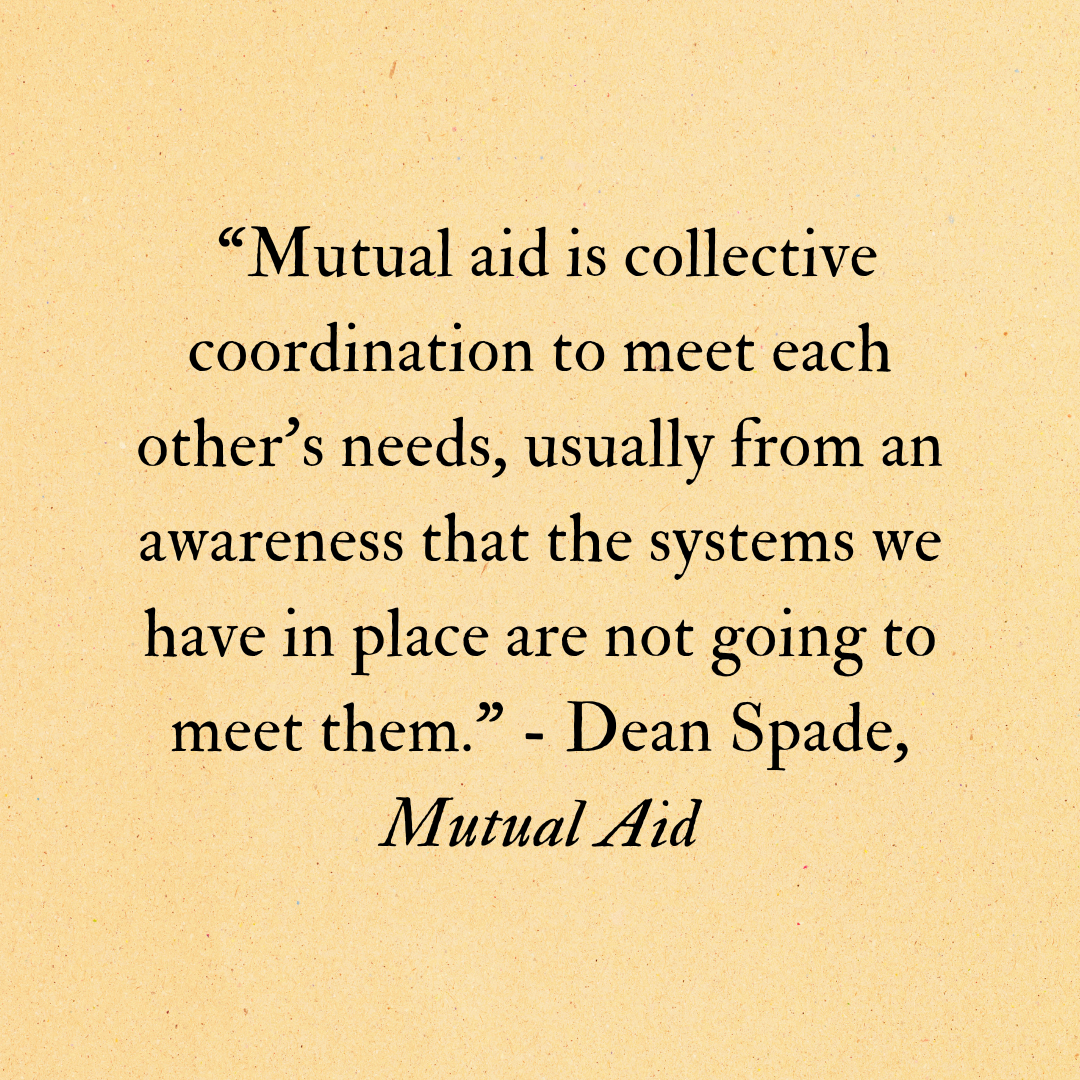
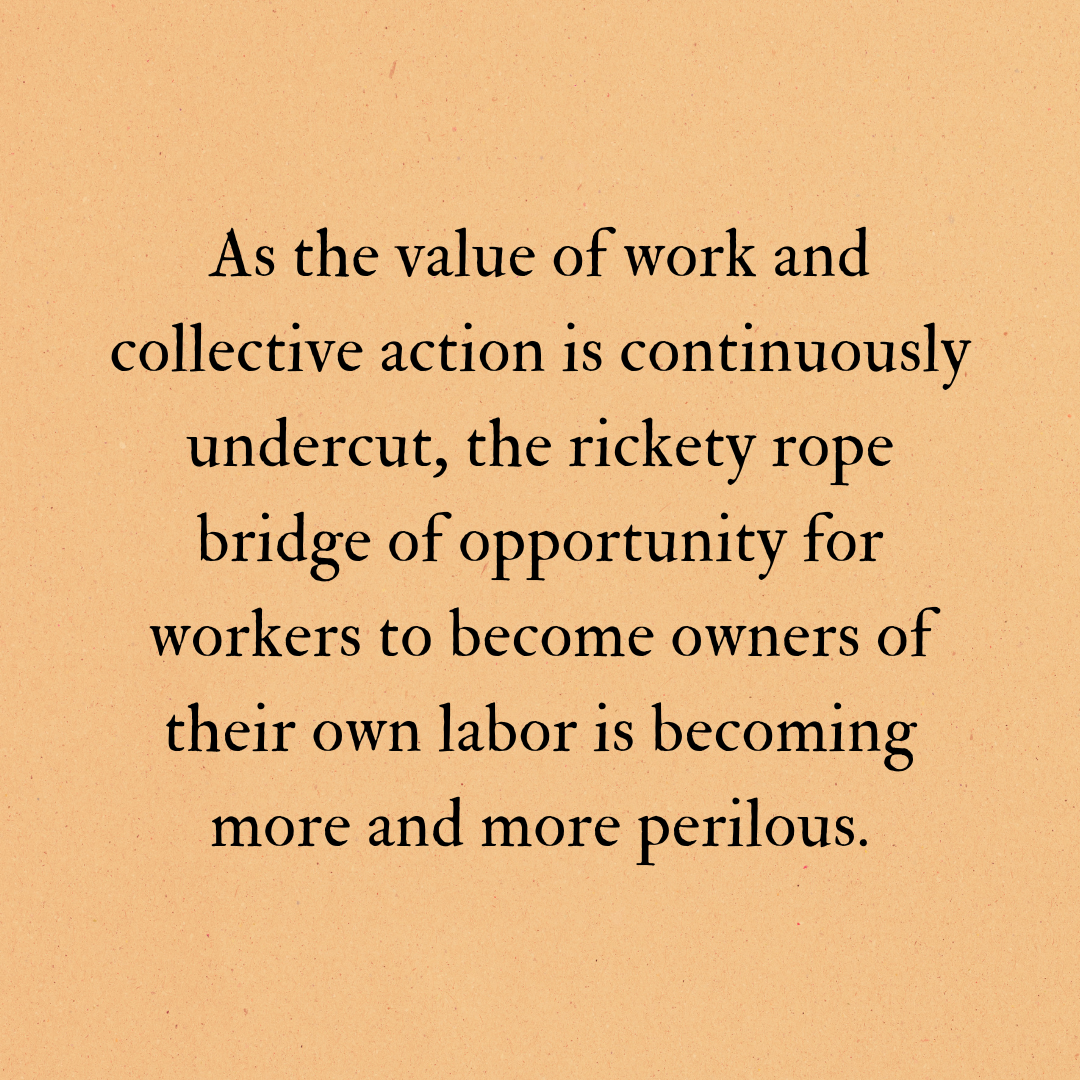
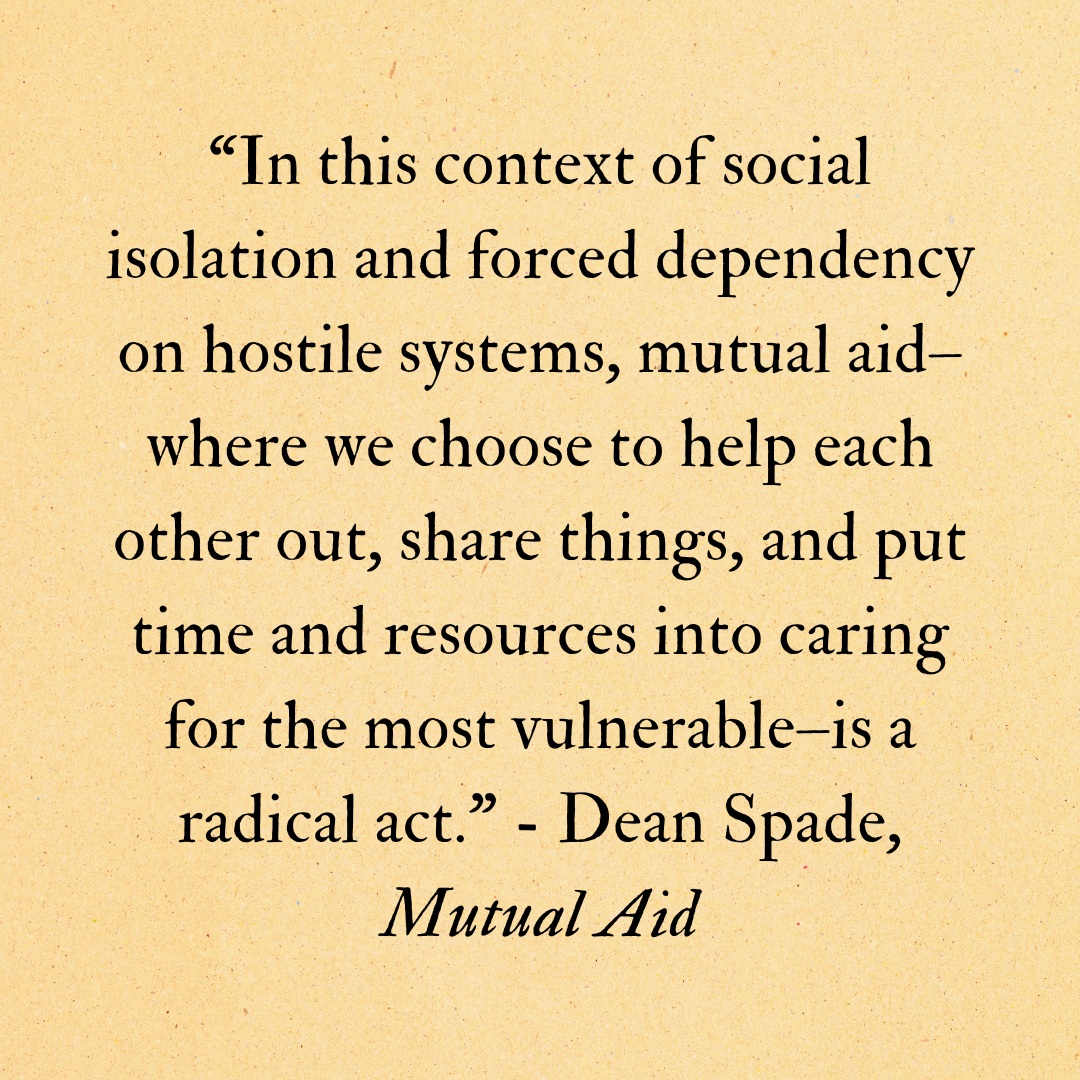
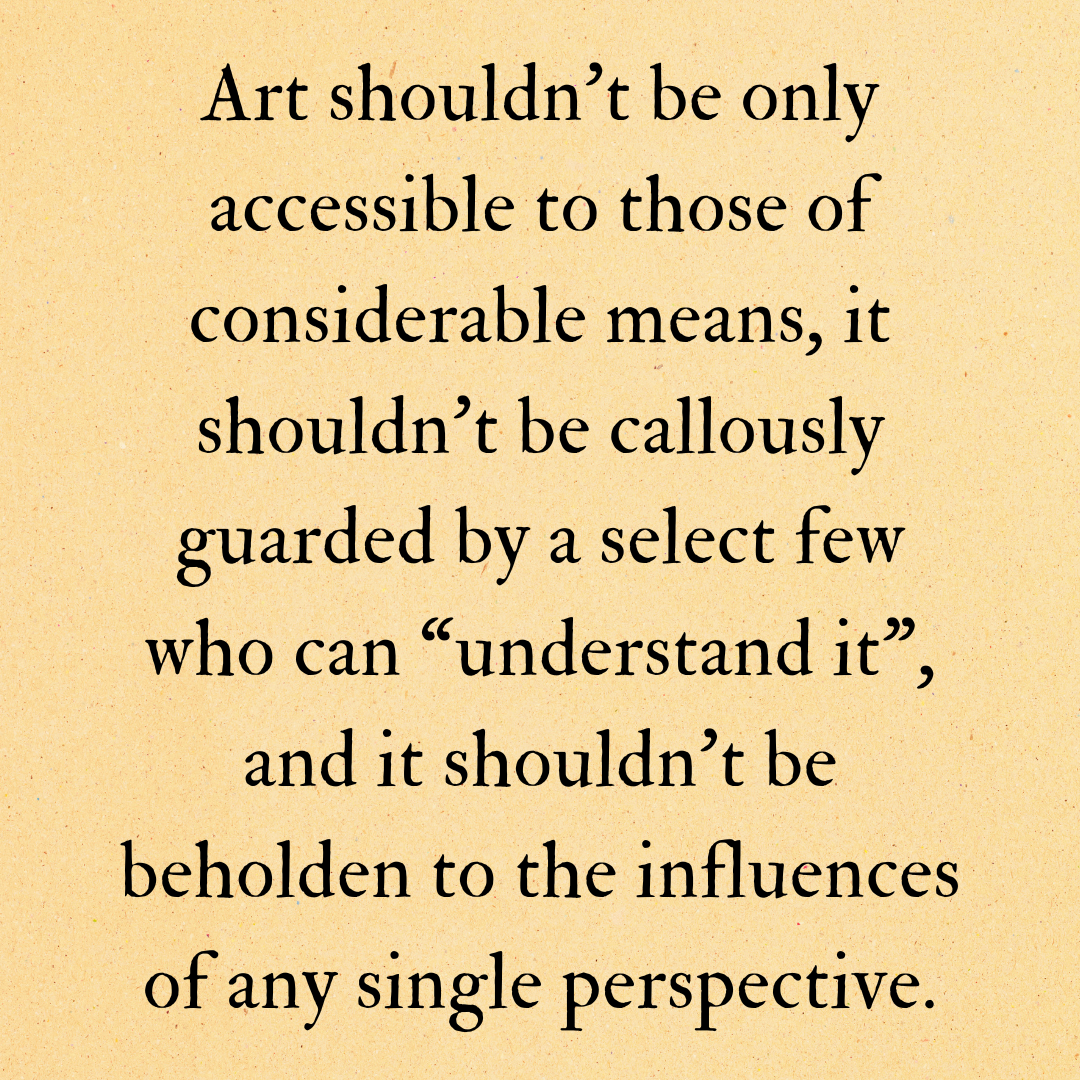
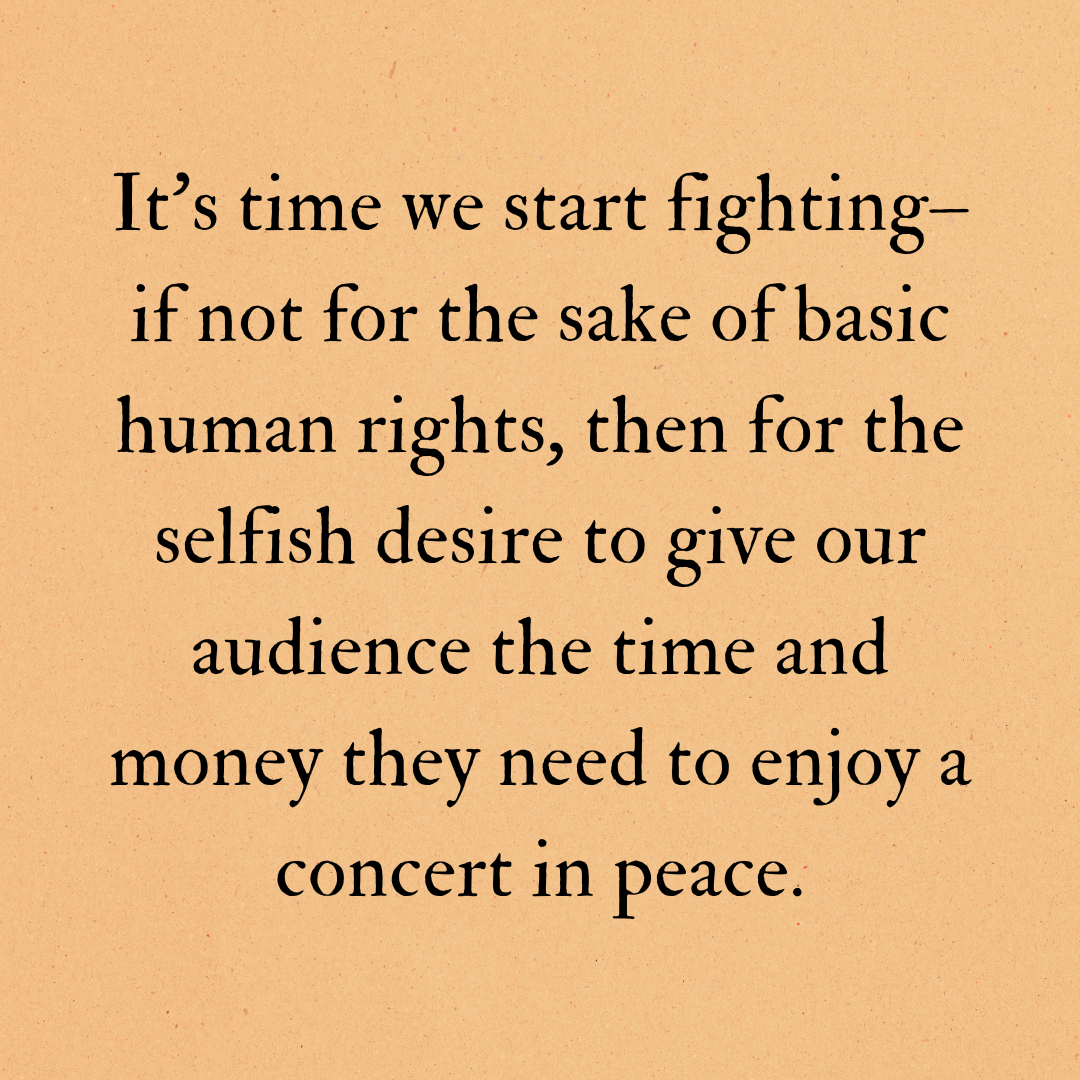

 RSS Feed
RSS Feed